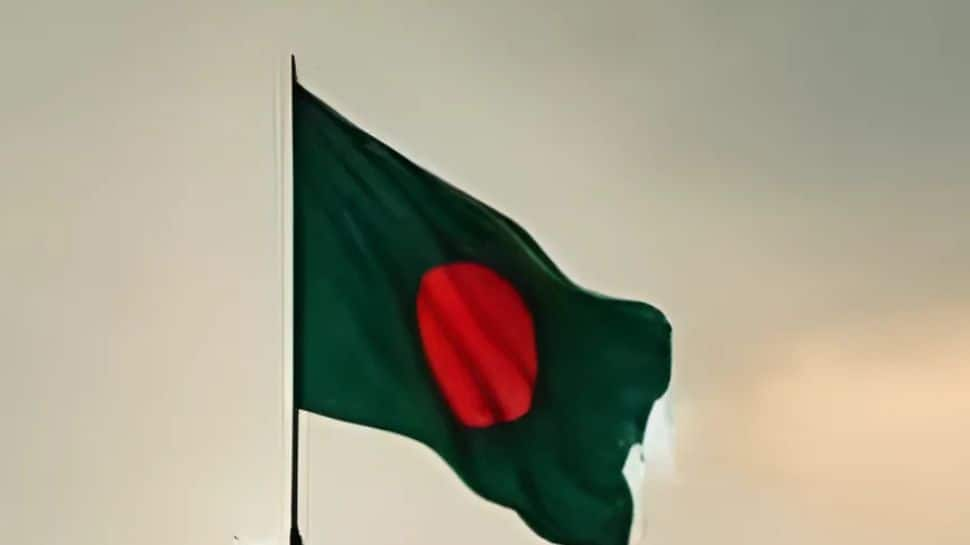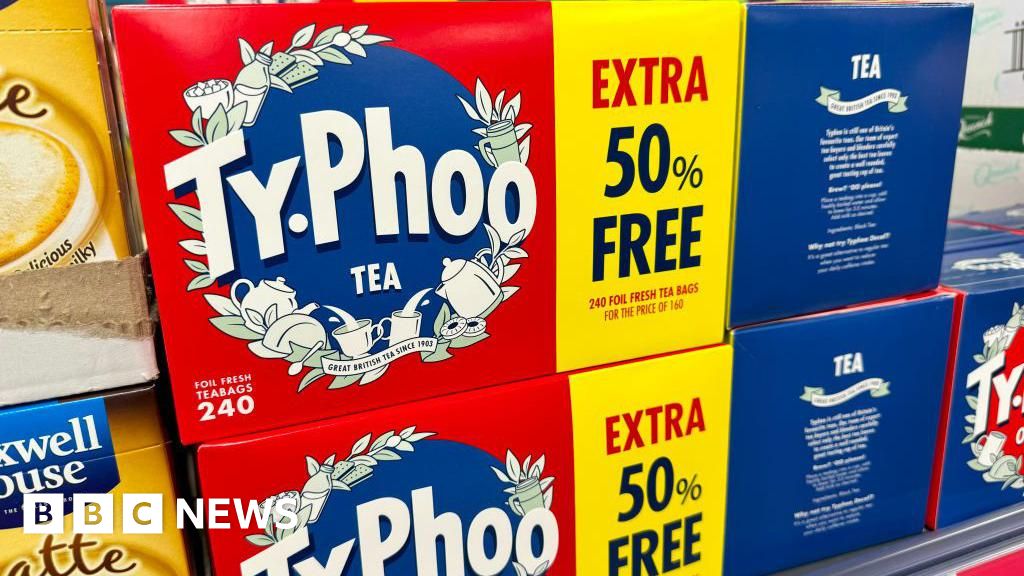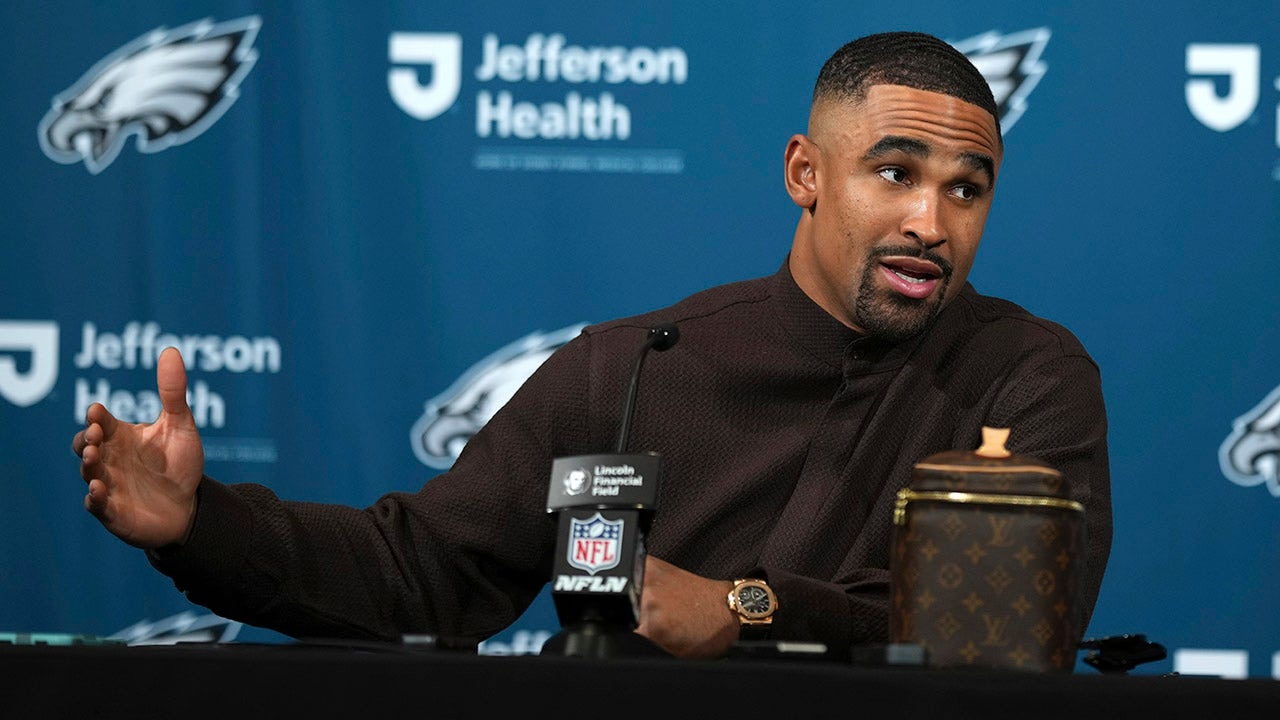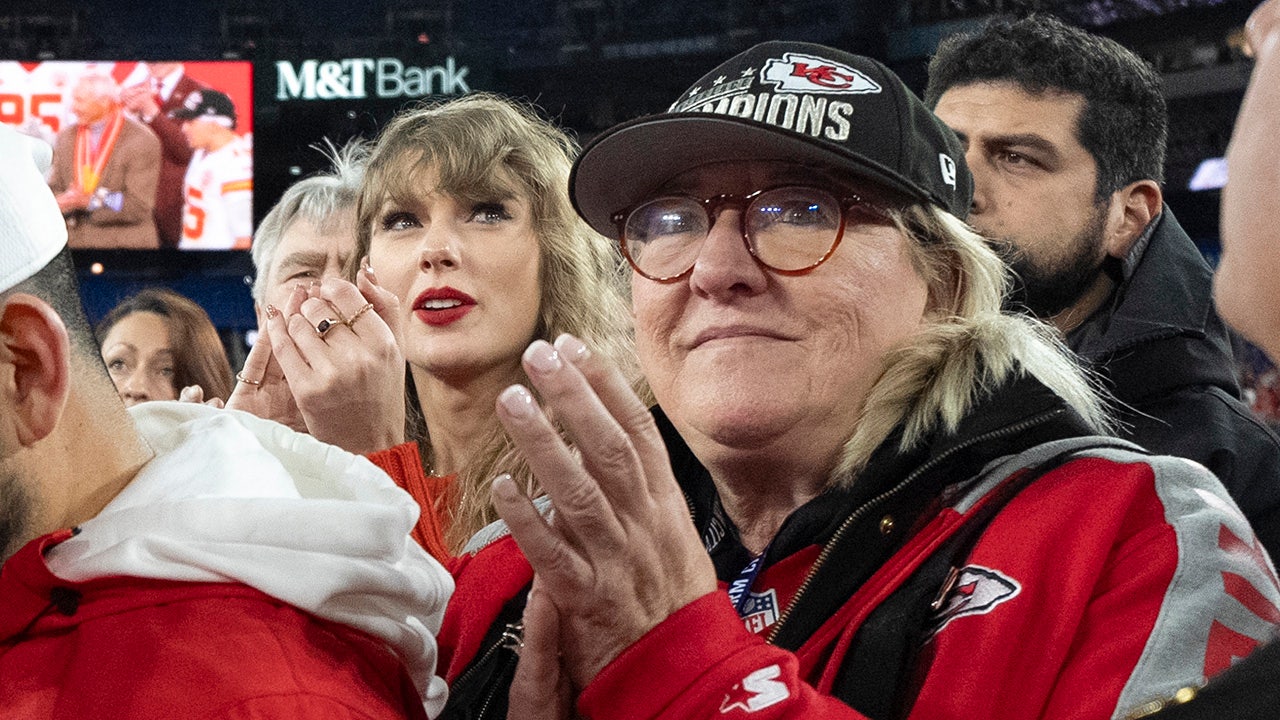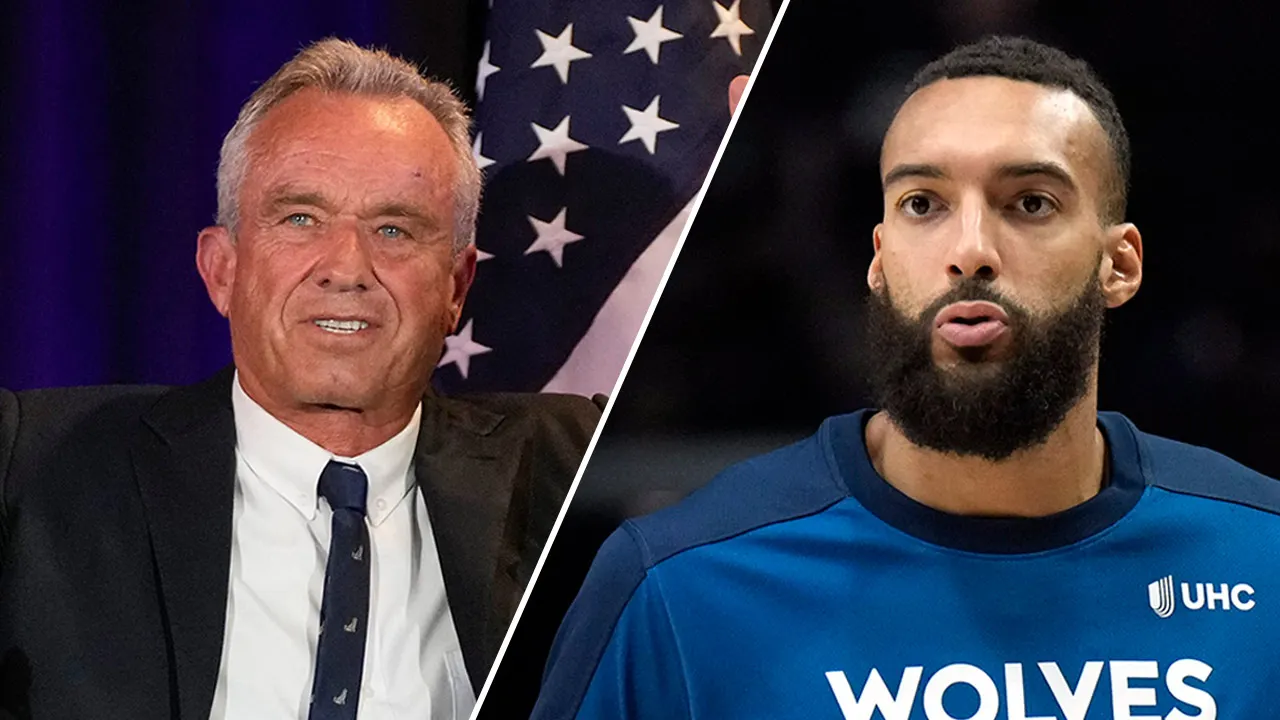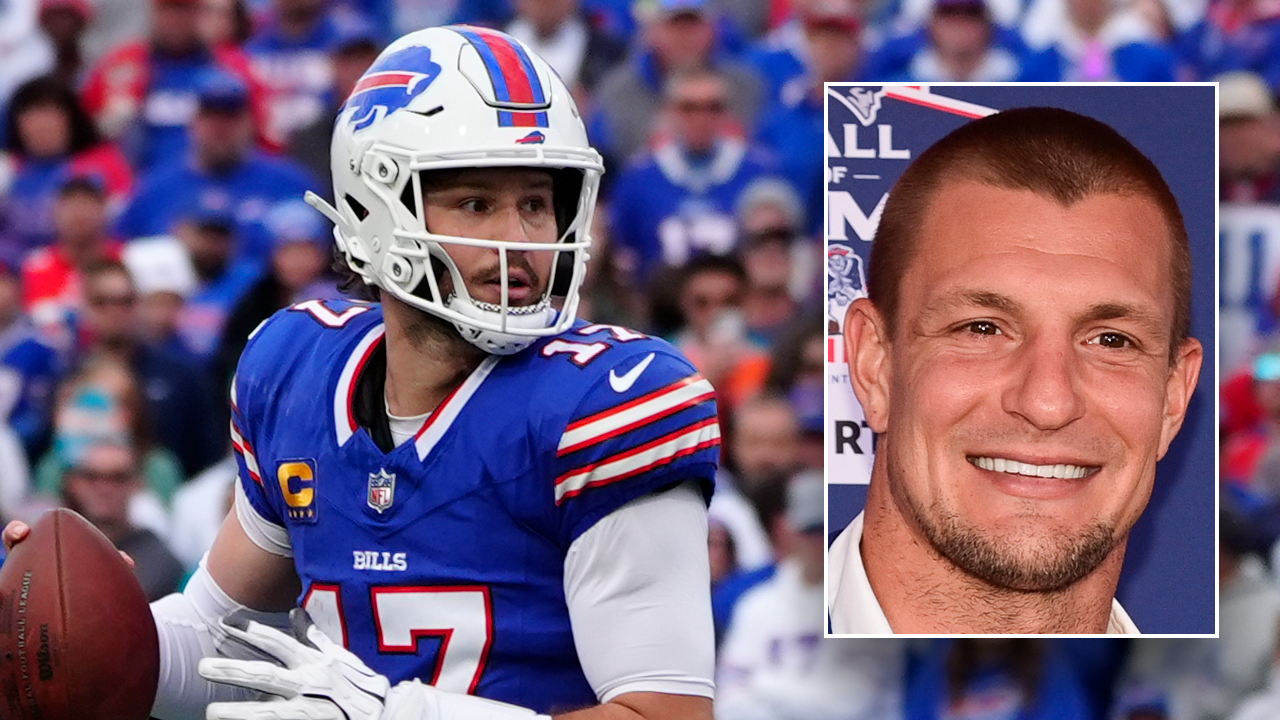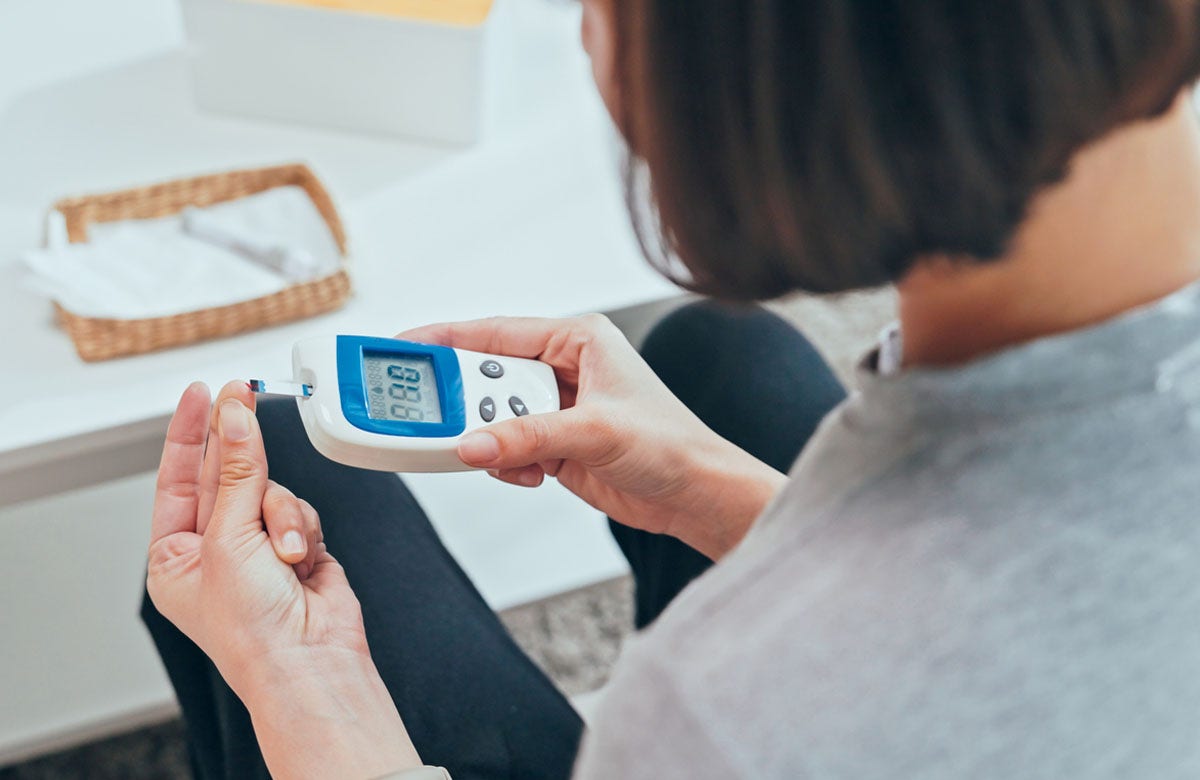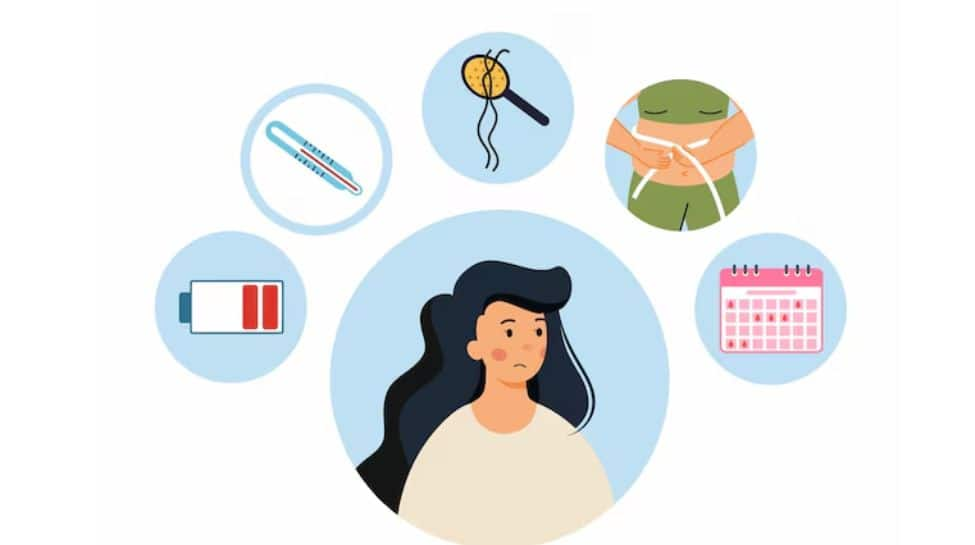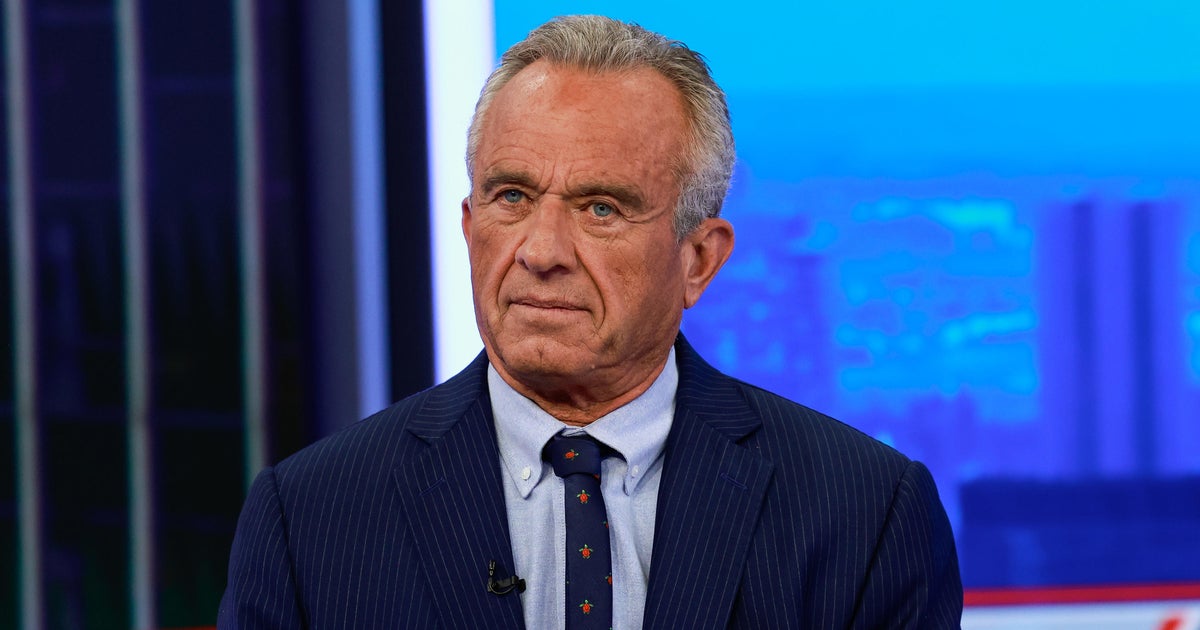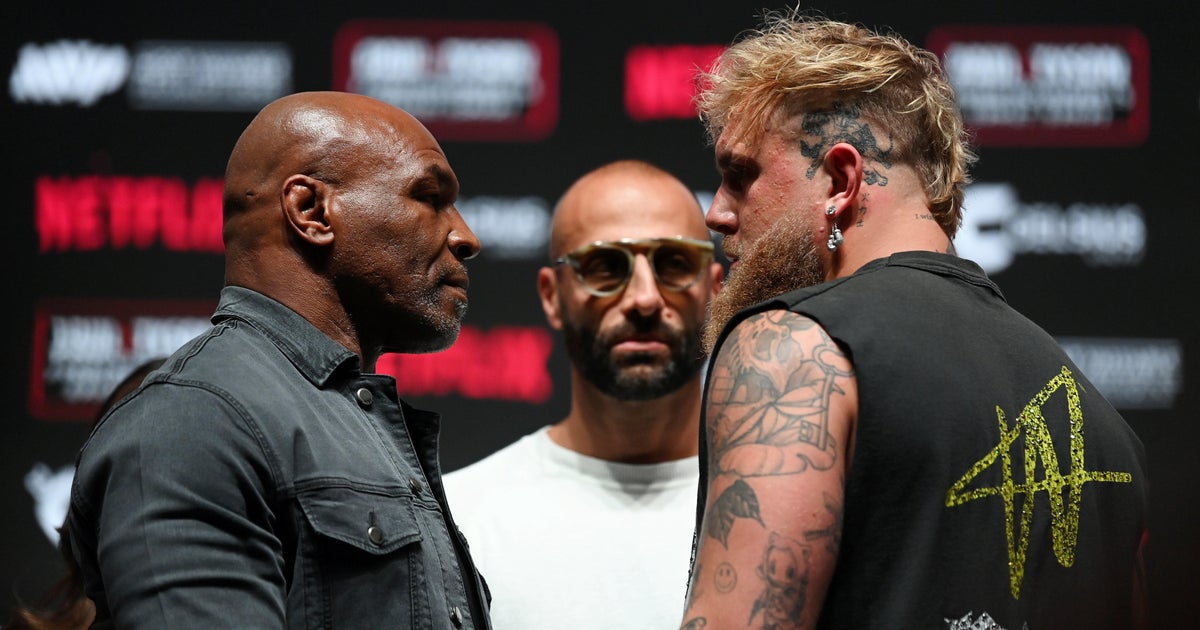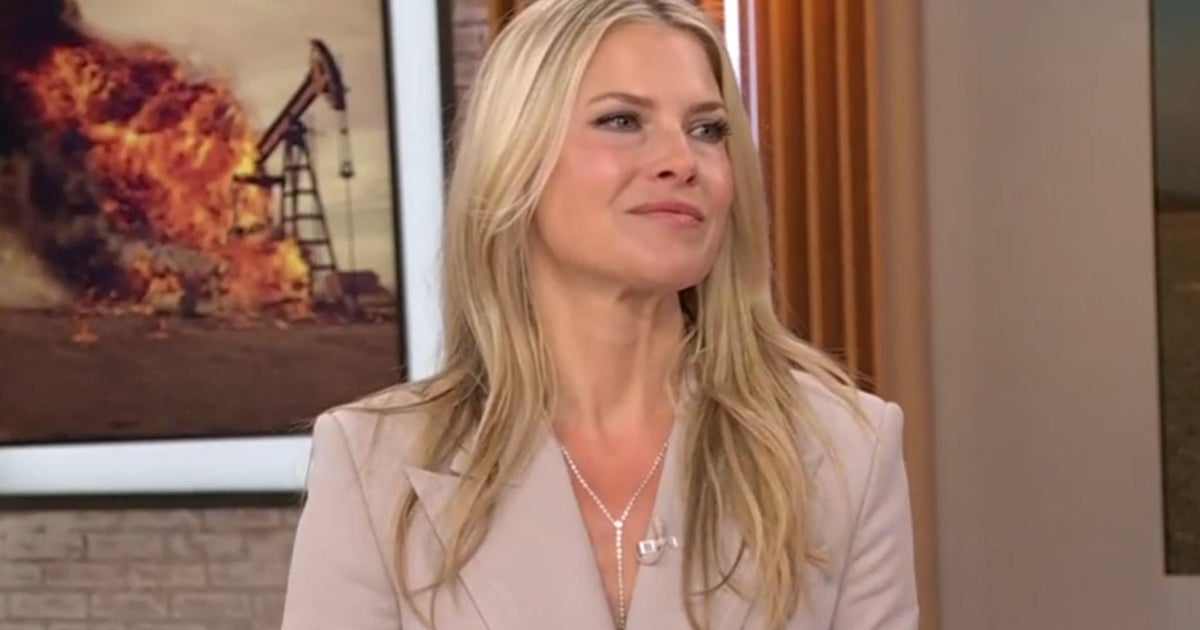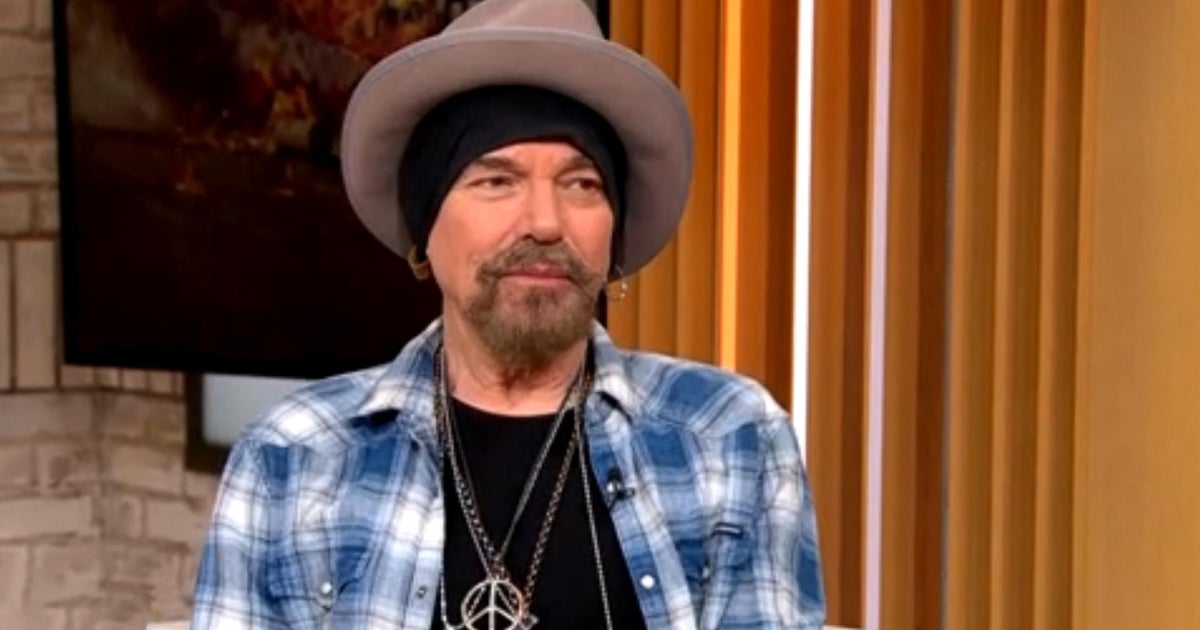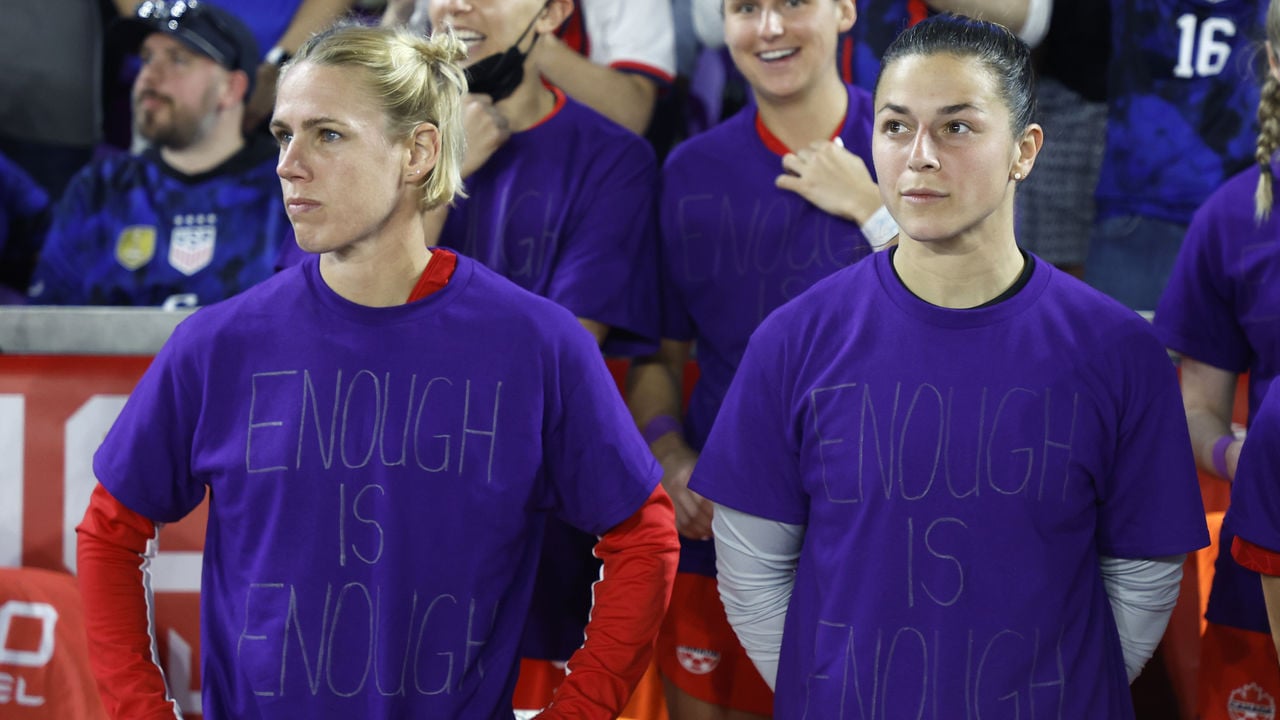LONDON:
From the American campaign against abuse in their professional leagues to France players demanding the removal of their coach and Canadians threatening boycotts, women’s soccer is facing a reckoning in the lead-up to the ninth World Cup.
Some of the issues will be resolved, others might drag on, but it looks like the days when players suffered in silence rather than speaking out are long gone.
“One hundred percent, I think it’s so prevalent,” said Jonas Baer-Hoffmann, the general secretary of global players union FIFPRO. “I think it’s more prevalent than it’s ever been in any other sport on a global stage. I don’t think you’ve had this kind of co-ordinated – or uncoordinated – wave of speaking up, standing up, forcing change ever before.”
Speaking up has proved highly successful in some cases. France will play in Australia and New Zealand with a clean slate under coach Herve Renard, who was hired to replace Corinne Diacre after key players refused to play under her.
Canada captain Christine Sinclair said last week the Olympic champions were “pretty darn close” to a labour agreement that will get them equal treatment with the men. “It is fascinating to see how social change as a grassroots movement from the players, and from supporters who’ve been around the block for a long time in women’s football, forces the structural change that we’re now seeing at a pace that is rapid,” Baer-Hoffman told Reuters.
Just days before the Women’s World Cup kicks off July 20, however, some teams are still in turmoil. Spain are without some of their most talented players after a 15-player mutiny unfolded in September over accusations of a toxic environment.
“It will really piss me off not to go to the World Cup,” Barcelona and Spain defender Mapi Leon told reporters in March. “But my values come first.”
Nigeria have considered boycotting their opening World Cup game over a pay row, while allegations of sexual abuse in the Zambia team set-up surfaced on social media last year and are the subject of investigations by the country’s FA and FIFA.
Baer-Hoffman said England are one of about a dozen teams who are still in negotiations around compensation and prize money, including the minimum $30,000 FIFA will pay each player.
“This generation of players who have grown the game, literally put the game on their backs and gotten it to the point where it’s at now, I think they’re just sick of struggling,” said FIFPRO’s Sarah Gregorius.
“They are the generation that needs to see that fight come to a close so that the ones that come after them will never have to know the struggle.”
American trailblazers
The trailblazers in the struggle have been from the United States, where players last year called for an overhaul at the National Women’s Soccer League after a report found that abuse and sexual misconduct spanned multiple teams and coaches.
US Soccer, which failed to put in “basic measures” to safeguard players, according to the report, subsequently said it was introducing a more thorough vetting system for coaches and officials as part of reforms. The US women also won the Arthur Ashe Award at the ESPYS on Wednesday for the courage they showed in their pay equity battle, settling a lawsuit for $24 million.
Veteran Alex Morgan said last week she and some of her teammates had received their first settlement check in the mail days earlier, which promoted newcomer Naomi Girma to joke that she did not get one. “And I was like, ‘Be grateful you don’t. You just get equal,'” said Morgan.
While the governance battles rage on among other teams, players have forged strong bonds regardless of what country’s colours they wear, finding allies in each other. “Obviously all of the teams are using their voices a lot more,” said Megan Rapinoe, who has helped the US to two World Cup titles.
“Players are talking about it and even when they’re subjected to the kind of discrimination and unequal treatment, they’re still speaking out.” Rapinoe was vocal in supporting Canada’s fight, and the US, England and Japan all wore purple wristbands and tape during games earlier in the year in support of that cause.
“It’s been years and years of groundwork and a united voice,” said Rebecca Sowden, who played for New Zealand and is the founder of Team Heroine, a women’s sport marketing and sponsorship consultancy.
“We’ve seen the power of a united voice when all these countries and all these players and all these stakeholders come together,” she added. “I think that’s the way forward for women’s football, using the collective, using our unique traits, that real community vibe that women’s football experiences that we don’t see in men’s football.”






